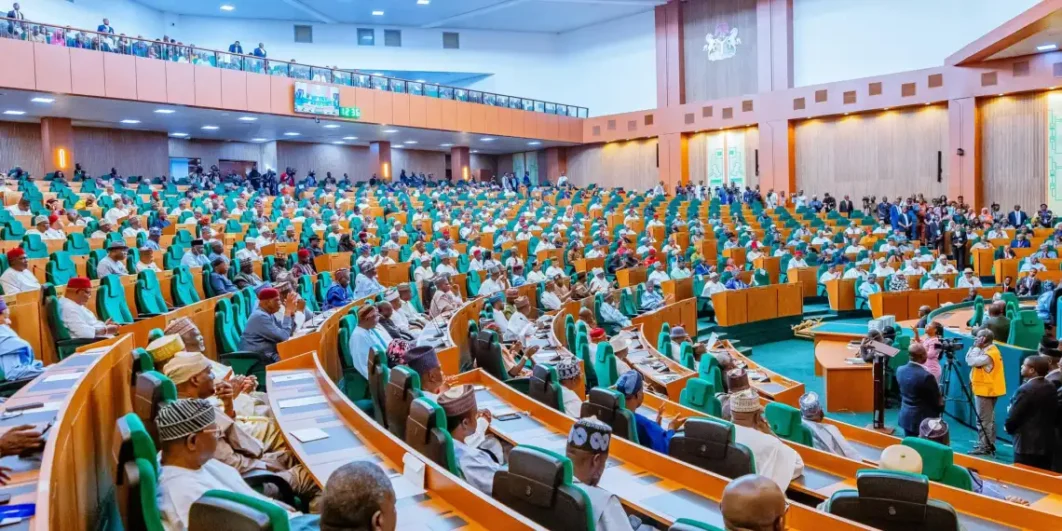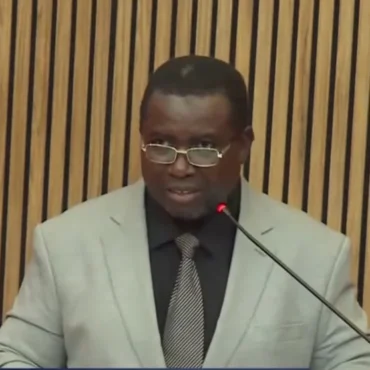The House of Representatives has begun deliberations on a new bill aimed at strengthening Nigeria’s internal security through the regulation and integration of private intelligence services. The bill, titled Private Intelligence and Investigation Council Bill, 2024, was the subject of a public hearing on Wednesday and seeks to establish a regulatory framework for private security operators to support national security efforts.
Chairman of the House Committee on National Security and Intelligence, Ahmad Satomi, who spoke at the hearing in Abuja, described the country’s current security situation as dire, noting that issues such as kidnapping, terrorism, and banditry continue to threaten lives and property across the country. He said that while the military and police continue to do their best, they require the support of a well-coordinated private security sector to effectively combat these challenges.
Satomi noted that the bill is designed to professionalise and standardise private intelligence operations, promote capacity building, and foster better synergy between private firms and public security agencies. According to him, the proposed council will accredit practitioners, ensure ethical compliance, and create mechanisms to enhance accountability within the industry.
Providing data to highlight the severity of the problem, Satomi revealed that over 51 million crime-related incidents were reported in Nigeria between May 2023 and April 2024. Out of these, around 2.23 million were kidnapping cases, with an estimated N2.23 trillion paid in ransom. He described the figures as alarming and a clear indication that Nigeria must strengthen its security architecture.
Addressing concerns raised about potential conflicts with existing security laws, Satomi acknowledged that some parts of the bill could be seen as overlapping with the statutory duties of agencies like the Nigeria Police Force. However, he clarified that the intention of the bill is not to duplicate roles but to close coordination gaps and enhance the effectiveness of security responses. He added that the current lack of collaboration among security agencies has often undermined the success of national security efforts.
The bill comes at a time of increasing advocacy for alternative policing structures, including state police and community policing models. While constitutional amendments are still being explored for decentralising the police, many experts believe that empowering and regulating private security actors could provide immediate support in addressing Nigeria’s security crisis.
Lawmakers behind the initiative argue that if passed into law, the bill will play a vital role in reforming the private security space, enhancing intelligence gathering, and ultimately reducing the burden on overstretched public security institutions.






Post comments (0)